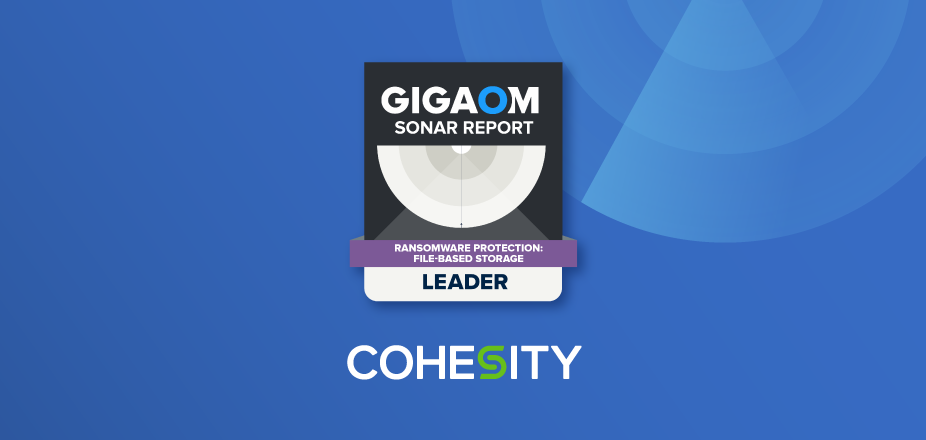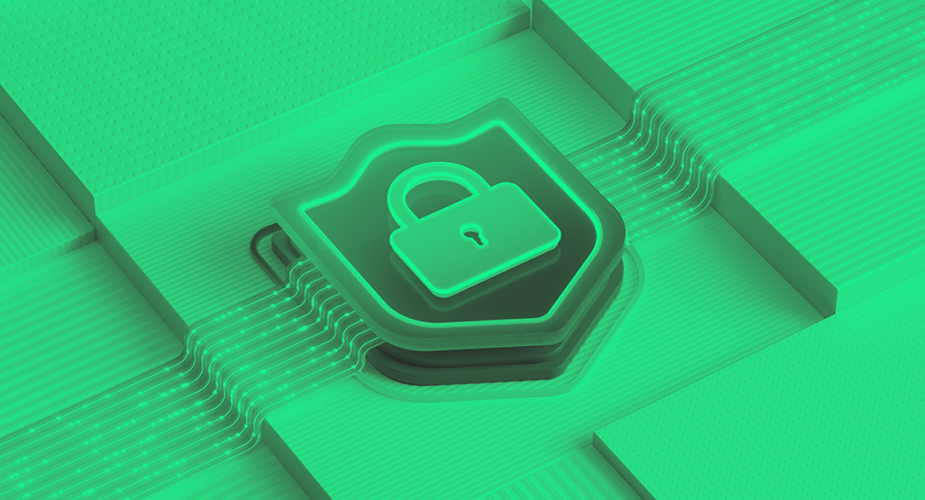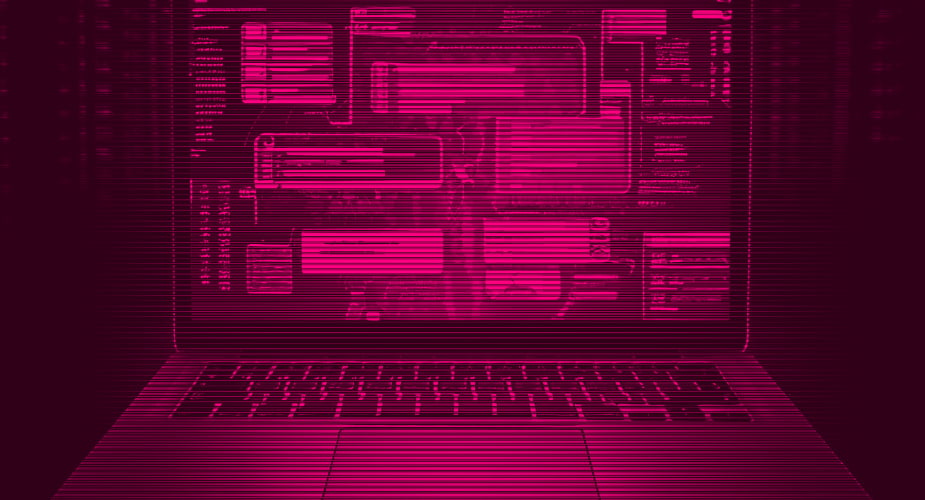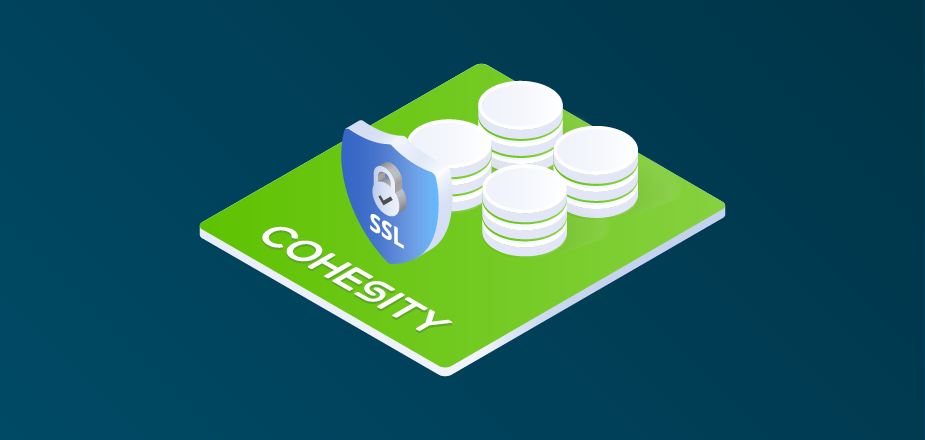Ransomware attacks have become a prevalent and persistent threat for organizations across all industries and sizes of business. They’re so common and widespread today that we never learn about most of them. But as these stats indicate, the havoc they wreak will continue to intensify and multiply over time.
- Approximately 37% of global organizations were victims of a ransomware attack or breach in the previous 12 months.
- Ransomware will strike every 2 seconds by 2031.
It’s easy to assume the most vulnerable ransomware targets are those that have the most to lose, and the most to pay, due to a breachlike financial services organizations and government agencies. But the easy prey are often those that are vulnerable due to lack of training like organizations in the education sector, or industrial businesses that can’t tolerate a business disruption, or those that focus on time-sensitive existential threats like healthcare organizations.
File-based ransomware attacks are the most pervasive
File-based ransomware attacks are the most pervasive, according to GigaOm. Sophisticated variants of ransomware extortion software use multiple techniques to remain stealthy and spread silently. They sometimes launch encryption activities soon after a system has been infiltrated, or they initially target dormant, non-accessed files.
Relying on a backup solution alone to recover from an attack won’t suffice as your critical primary data will be unavailable for an unknown period of time. On-premises restores can take days, weeks, or even months. Meanwhile, restoring from the cloud could incur expensive egress fees. Integrated ransomware protection solutions constitute an important first line of defense because primary data experiences the initial impact of an attack. Although dedicated ransomware protection product offerings are available today, the embedded threat protection capabilities in file services solutions deserve careful consideration. The best solutions will provide fast recoveries from ransomware attacks, greater ease of use, and cost-efficiency compared to standalone data protection solutions or restoring from the cloud.
GigaOm Sonar Report for File-Based Primary Storage Ransomware Protection
The GigaOm Sonar provides a forward-looking analysis of vendor solutions in a nascent or emerging technology sector. It assesses each vendor on its innovation and architecture approach while determining where each solution sits in terms of enabling rapid time to value (Feature Play) versus delivering a complex and robust solution (Platform Play).
Cohesity ranked a Leader and Fast Mover
With a singular hybrid cloud solution delivering a comprehensive set of data protection, cyber resiliency and data management capabilities, GigaOm recognized Cohesity as a ‘Leader’ and ‘Fast Mover’ among 17 unstructured data management infrastructure solution providers. This result validates Cohesity’s progress with respect to our goal of helping our customers mitigate and manage cybersecurity threats.
As a next-gen data management solution innovator, we are recognized for the breadth of features and scope of our solutions, particularly with respect to delivering simplicity at scale, zero trust security principles, AI powered insights, and 3rdparty extensibility. Such capabilities give organizations the greatest level of cyber resiliency against today’s threats like ransomware.
Cohesity addresses ransomware protection for unstructured data with SmartFiles, a data service that runs on our Helios platform specifically for managing files and objects. Among its robust security features and capabilities, SmartFiles includes ML-based early detection of attacks based on analysis of anomalies and data changes versus normal patterns and baselines. Integrated Marketplace apps developed by Cohesity and third-party developers also run directly, on-premises, on the Helios platform to audit, search, secure, and protect SmartFiles data. Virtual air gapped vaulting of immutable SmartFiles snapshots to the cloud provides data isolation for added ransomware protection with our recently announced integrated FortKnox as a service offering. Together, these offerings allow users to prioritize simplicity, reliable protection of file and object data, and rapid recovery from cyber-attacks.
In the Sonar report, GigaOm lauded Cohesity for its:
- “Very strong cyber-resiliency approach that includes proactive ML-based detection, on-premises and cloud-based immutability capabilities, and strong zero-trust and anti-tampering features.”
- Platform approach that “allows Cohesity to thrive not only with file-based ransomware protection but also with data protection.”
Download the report
If you’d like to learn more, download GigaOm’s Sonar Report for File-Based Primary Storage Ransomware Protection.
About the GigaOm’s Sonar Report for File-Based Primary Storage Ransomware Protection
A GigaOm Sonar report analyzes emerging technology trends and sectors, providing decision makers with the information they need to build forward-looking—and rewarding—IT strategies. Sonar reports provide analysis of the risks posed by adopting products that are not yet fully validated by the market or available from established players.
In exploring bleeding edge technology and addressing market segments still lacking clear categorization, Sonar reports aim to eliminate hype, educate on technology, and equip readers with insight that allows them to navigate different product implementations. The analysis highlights core technologies, use cases, and differentiating features rather than drawing feature comparisons.

















